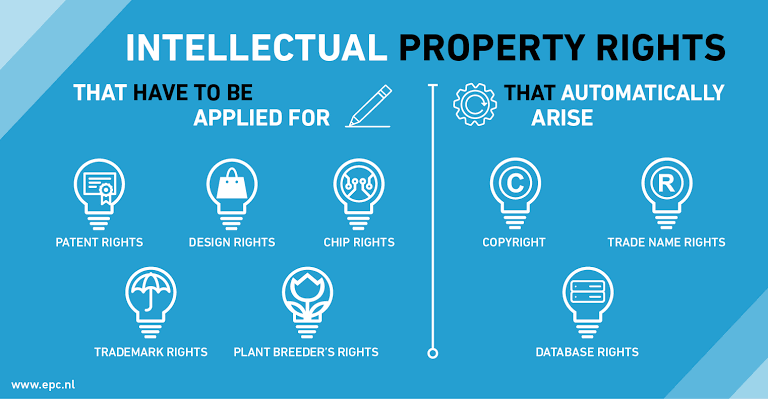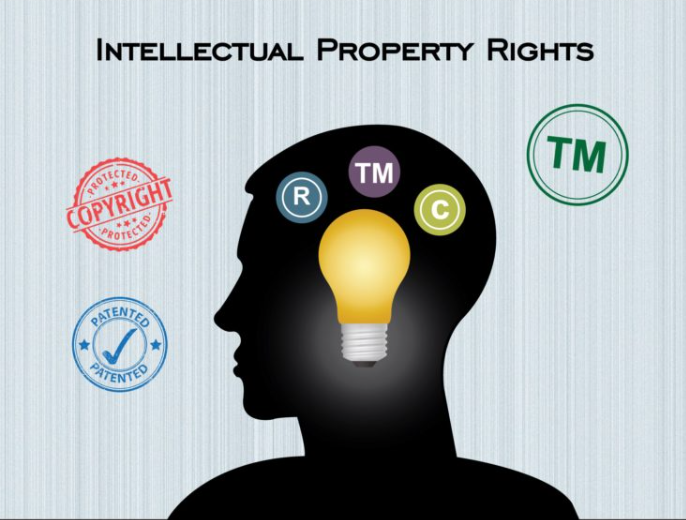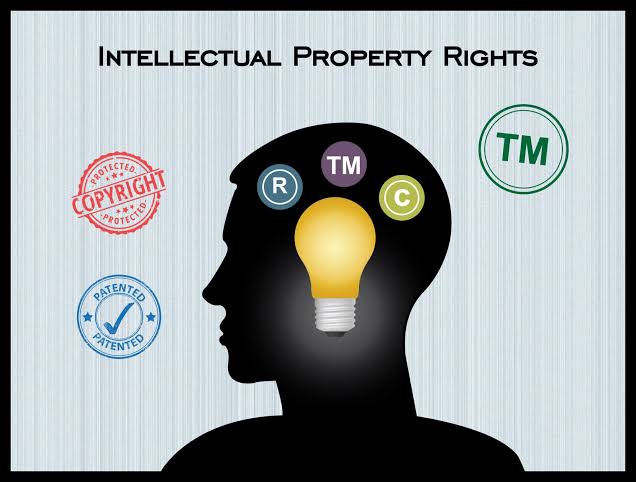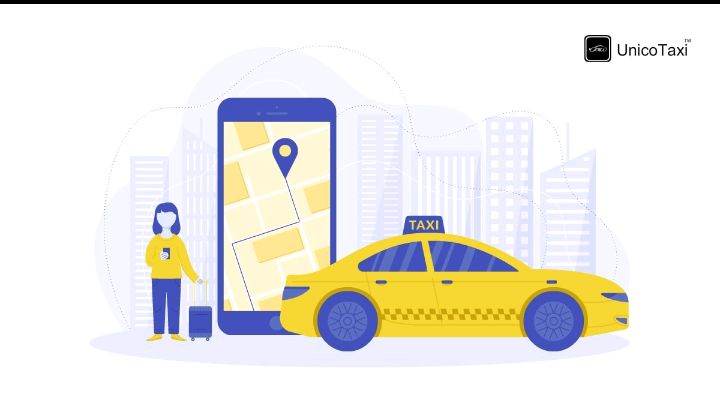
An entrepreneur must meticulously evaluate the legal framework and regulatory requirements when establishing their startup, ensuring compliance and minimizing potential liabilities. For instance, a group of entrepreneurs in Nigeria who plan to launch a ride-hailing technology startup have developed a mobile application that connects passengers with drivers for transportation services. As they prepare to register the startup and launch their platform, it is imperative to provide them with legal guidance, considering the Nigerian regulatory topography for e-hailing startups.
In this reference, we shall advise them by grappling with the following key legal inquiries:
What business structure is most suitable for an e-hailing tech startup in Nigeria?
In Nigeria, typical business structures constitute partnership, sole proprietorship, limited liability company (LLC), and public limited company (PLC). The appropriate structure for startups is predominantly an LLC, under the Companies and Allied Matters Act (CAMA) 2020. LLCs provide limited liability protection, where proprietors are only probable to the magnitude of their investment in the company and offer greater malleability in terms of surveillance and capital raising compared to other business structures. The case of Ehimare v. Emhonyon (1985) 1 NWLR (Pt.2) 177 touches on partnership conflicts in Nigeria, accentuating the significance of limited liability in business arrangements and the advantages of LLPs, especially in limiting liability while retaining functional flexibility.
For a ride-hailing startup, an LLC entitles entrepreneurs to protect their private assets from business liabilities. Since ride-hailing involves significant operational risks (like casualties, consumer conflicts), an LLC ensures the startup’s liabilities do not augment private assets. Also, an LLC makes it easier to bring in investors which will be vital for scaling the business and contending in a competitive market like Nigeria.
What specific legal requirements and regulations must the startup comply with?
A startup must comply with various prerequisites and regulations that govern its operations. For ride-hailing startups, it is incredibly crucial to concentrate on distinctive statutes and acts that address their unique challenges and regulatory framework.
Companies and Allied Matters Act (CAMA) 2020: for business registration. National Information Technology Development Agency (NITDA) regulations on data protection, especially with the collection of user data. Lagos State Transport Sector Reform Law 2018 and e-hailing regulations in states like Lagos and Abuja, which govern the operation of ride-hailing platforms. National Insurance Commission (NAICOM) regulations on third-party insurance for vehicles.
The startup must register under CAMA and assure compliance with e-hailing regulations in states—like Lagos—which mandate registration of ride-hailing operators, driver background checks, and vehicle roadworthiness. It also needs to capitulate with data protection laws as sensitive user information (like payment details and location) will be processed. Furthermore, the company must guarantee that all vehicles have third-party insurance.
How can the startup protect its intellectual property, such as the mobile app and business model?
Intellectual property protection in Nigeria is mainly governed by the Copyright Act 2022 for safeguarding software (the mobile app), Patents and Designs Act for unprecedented business models or inventions, Trademarks Act for insulating the business name, logo, and branding. Microsoft Corporation v. Franike Associates Ltd (2011) is a noteworthy Nigerian case that ascertains the primacy of enforcing copyrights and NDAs to protect software innovations and confidential business data. It shows how integral it is to protect a mobile app’s code and design.
The startup should file for copyright protection to safeguard the app’s source code. If its business model includes uncommon patentable inventions like algorithms for efficient driver-passenger pairing, the startup should evaluate patent registration. Furthermore, it should register trademarks for its name, logo, and any distinguishing marks associated with the service to prevent competitors from using analogous identifiers.
What are the potential challenges and risks associated with operating an e-hailing tech startup in Nigeria?
It is imperative to note that e-hailing startups will face some inexorable risks and challenges. These include regulatory risks due to stringent e-hailing laws at the state level which might limit the e-hailing startups from reaching their desired prospect, trial risks from casualties, conflicts, or service failures; and data breaches, which could violate NITDA’s data protection regulations. Lastly, from established parties like Taxify, Uber, In-Drive, Bolt, and from government-run taxi services (being in competition with these established parties might pose a daunting challenge).
MTN Nigeria Communications Ltd v. Barrister Godfrey Nya Eneye (2018) illustrates the prerogative of ensuring reliable technology infrastructure. MTN was found liable for service disruptions, which could have similitudes for tech startups needing to maintain greasy operations.
The startup will need to steer challenging e-hailing regulations—especially in Lagos—which imposes rigorous licensing requirements. There’s also the risk of lawsuits from customers or drivers over casualties or inadequate service. The startup must have substantial data security measures in place to avoid liabilities for data breaches. Besides, competition from major parties will demand intensive marketing and invention to carve out market share.
The startup should focus on regulatory observance, adopt robust data security practices, and be equipped for strong competition from established operators to mitigate these risks.
What are the necessary licenses and permits required to operate an e-hailing service in Nigeria?
The necessary licenses and permits include Vehicle Inspection Office (VIO) certificate for operational reliability, a Hackney Permit for commercial vehicles, a Lagos State e-hailing license if operating in Lagos, under the Lagos State Transport Sector Reform Law. Driver’s licenses and vehicle insurance under NAICOM regulations.
In Lagos, for example, the startup must register with the Lagos State government’s e-hailing regulations, which mandates drivers to obtain that Hackney Permit and operational reliability certificate. For states like Abuja, similar registration and licensing may be required. Compliance with NAICOM for insurance and ensuring drivers have valid licenses is also crucial.
The startup may also need permits from the National Union of Road Transport Workers (NURTW), an influential body. The case Lagos State Government v. NURTW examined the regulatory role of the NURTW in transport procedures within the state.
With this knowledge, it can be confidently expressed that the entrepreneurs in this scenario are equipped to pilot the process of establishing an e-hailing startup.





















